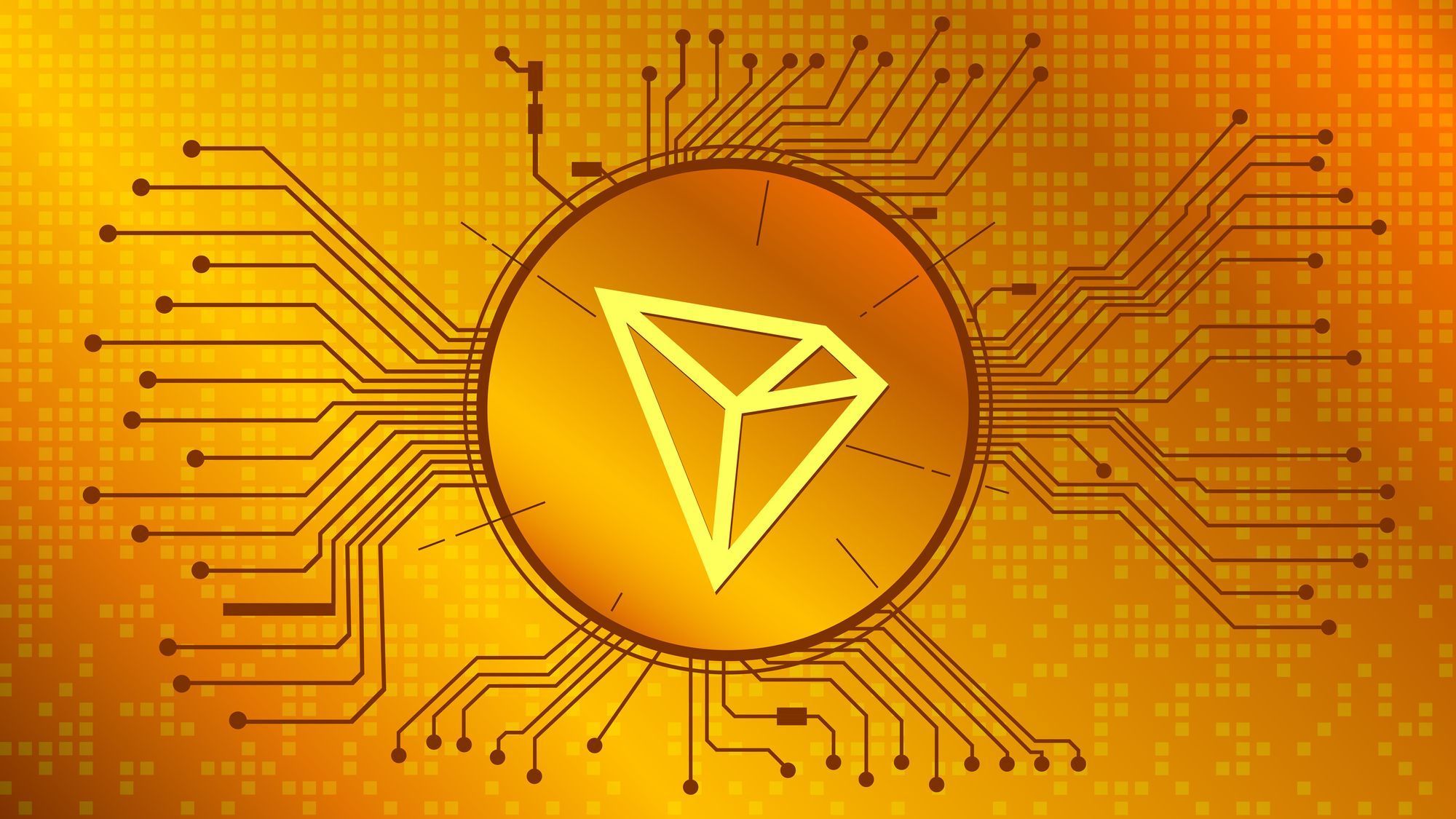BREAKINGVIEWS-SoftBank throws Intel its next-best lifeline

By Robyn Mak
HONG KONG, Aug 19 (Reuters Breakingviews) - Finally, some good news for Intel's INTC.O beleaguered new boss. Since taking over the struggling chipmaker in March, Lip-Bu Tan has faced U.S. President Donald Trump's demands to step down, a credit-rating downgrade, deteriorating finances and other setbacks as he pushes ahead with an ambitious turnaround. Securing a $2 billion investment from Japan's SoftBank Group 9984.T is a much-needed endorsement.
As part of the deal, Intel will issue new shares at a small discount to the stock's last close, giving Masayoshi Son's group an equity stake of just under 2%. The cash injection pales next to the $16.5 billion of capital expenditures Intel is forecast to make this year, per Visible Alpha, but at the very least, it should help bolster confidence. As recently as last month, Tan warned that Intel may be forced to exit the contract manufacturing business, where it has fallen behind Taiwan Semiconductor Manufacturing 2330.TW and Samsung Electronics 005930.KS, if it does not find a significant customer for its next-generation 14A manufacturing process.
If that was a cry for help, the message has been well received. In addition to SoftBank, Intel may soon welcome another major shareholder: the Trump administration is in discussions to take a 10% stake in the company, Bloomberg reported on Monday, citing sources familiar with the plan, in a move that potentially speeds up the near-$11 billion in government grants promised to Intel as part of the 2022 CHIPS and Science Act.
Having both Trump, who appears to have backed off his calls for Tan's resignation, and Son onboard could help the Intel boss. The White House might be able to exert pressure to help the executive mend a rift with his board about whether to spin out its manufacturing unit, as reported by the Wall Street Journal. And Son's bets in artificial intelligence, including the $500 billion Stargate Project, an AI infrastructure joint venture with OpenAI, might turn into a lucrative opportunity for Intel down the line.
The problem is, what Intel really needs is to revive sales now. That's unlikely to happen: SoftBank will neither seek a board seat nor commit to buying Intel's chips, according to Reuters, citing a source. Realistically, only a strategic investor committed to Intel's long-term technological progress can reverse its decline. That would require, say, an Nvidia NVDA.O or AMD AMD.O deciding they need to support alternative high-end chip manufacturers to TSMC. Until then, Tan will have to make do.
Follow Robyn Mak on X.
CONTEXT NEWS
Japan's SoftBank Group will invest $2 billion in U.S. chipmaker Intel, the two companies announced on August 18. The investment will come via a primary issuance of common stock by Intel and, based on the U.S. company's market capitalisation at close of trading on August 18, would represent an equity stake of just under 2%, an Intel spokesperson said.
SoftBank will only take an equity stake in Intel and will neither seek a board seat nor commit to buying Intel's chips, Reuters reported, citing a person familiar with the matter.
Separately, the U.S. government is in discussions to take a stake of roughly 10% in Intel, Bloomberg reported the same day, citing people familiar with the matter. A deal would involve converting into equity some or all of the company’s grants from the U.S. Chips and Science Act, from which Intel was set to receive a total of $10.9 billion.
Shares of SoftBank were down 2% during late morning trading in Tokyo on August 19, while Intel's New York stock rose 5.4% in after-hours trading.








